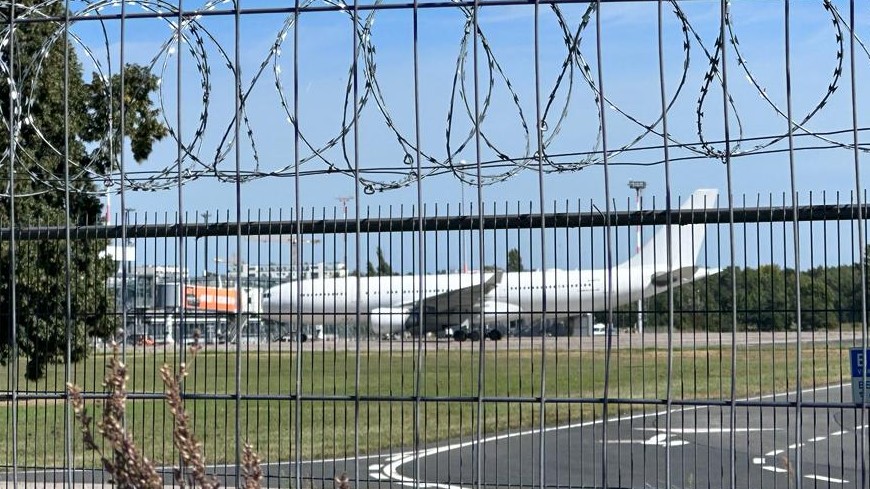The report examines the treatment of foreign nationals deprived of their liberty under immigration legislation and the safeguards afforded to them in the context of their removal. The return flight of 5 September 2023 was organised by Germany, with the participation of three EU members states (Austria, Cyprus and Italy) and was supported by the European Border and Coast Guard Agency (Frontex). This is the seventh removal operation by air monitored by the CPT.
The CPT did not receive any allegations of ill-treatment from persons removed from Germany to Pakistan by either police or immigration officials from the different federal states or escort officers of the German Federal Police. On the contrary, the removal operation was well prepared and carried out professionally, and returnees were treated respectfully.
Nevertheless, the CPT considers that the procedural safeguards against refoulement should be further strengthened to prevent sending persons to a country where they run a real risk of ill-treatment. Foreign nationals held in custody awaiting deportation should be notified at least one week in advance of their intended removal. Additional steps are also required to strengthen the safeguards against ill-treatment from the outset of their deprivation of liberty. This includes access to telephone for persons held under short-term detention to notify their detention and removal to a third person of their choice and to effectively exercise their right to contact a lawyer. All returnees should be systematically and fully informed of their rights. The CPT also advocates for every returnee to benefit from a clinical examination by a medical doctor prior to the removal operation and to be issued with a “fit-to-fly” certificate.
The CPT found that no force and means of restraint had to be applied by escort officers. All interventions were based on an individual risk assessment with an emphasis on a de-escalation approach towards returnees. However, there remain diverging approaches on the use of means of restraint among the different police authorities of the federal states in Germany and among the different EU member states participating in Joint Return Operations supported by Frontex. A more harmonised approach should be promoted in line with CPT standards. To this end, Germany is encouraged to make use of body belts with textile or Velcro quick-release fasteners instead of metal handcuffs, where this is deemed necessary in the context of forced removal operations by air. German police escorts should also wear visible identification tags to ensure that they can be individually identified.
Finally, the CPT considers that the Frontex complaints mechanism should be made more accessible and effective in practice. Information leaflets and complaints forms should be made available to returnees. The German authorities should also designate a national forced return monitoring system that is both independent and effective.
In their response, the German authorities indicate that steps are being taken to provide for an identification requirement for Federal Police officers and to formulate guidelines about the use of force and means of restraint during transfers to the airport of departure by the different police authorities of the federal states. The response also refers to the different laws and practices adopted by the various federal state authorities in the context of removal operations by air.
The report and the response have been published at the request of the German authorities.




